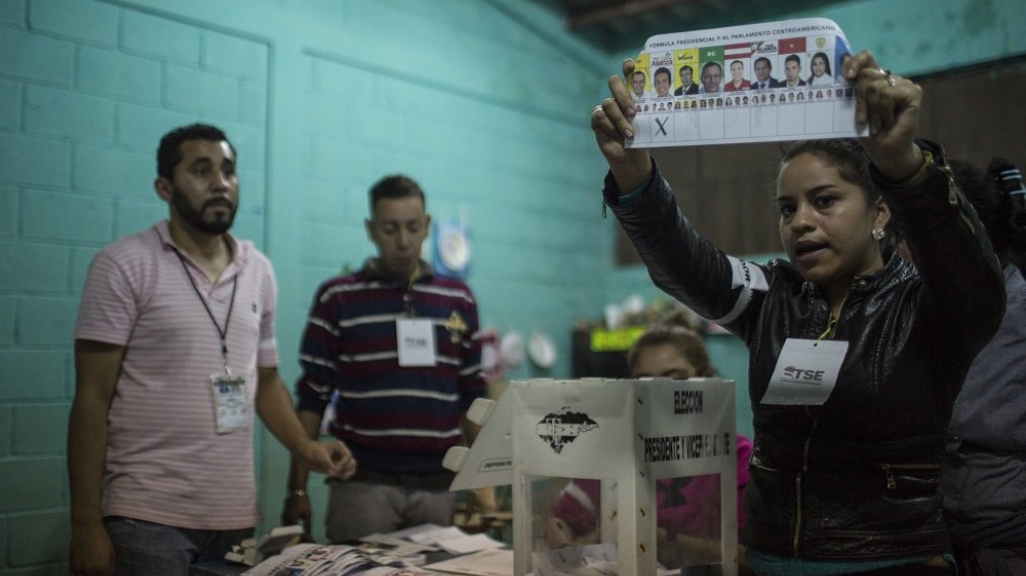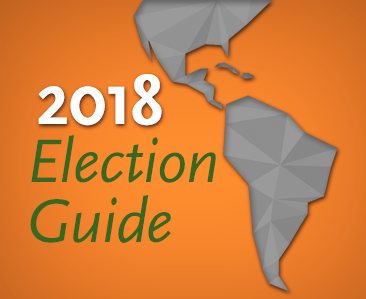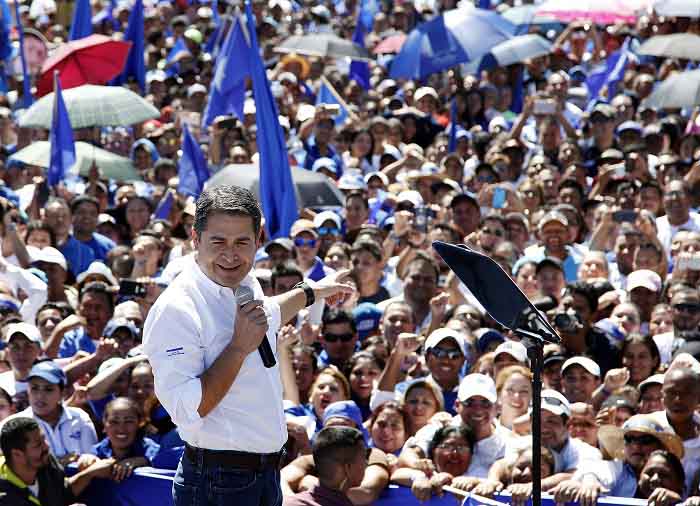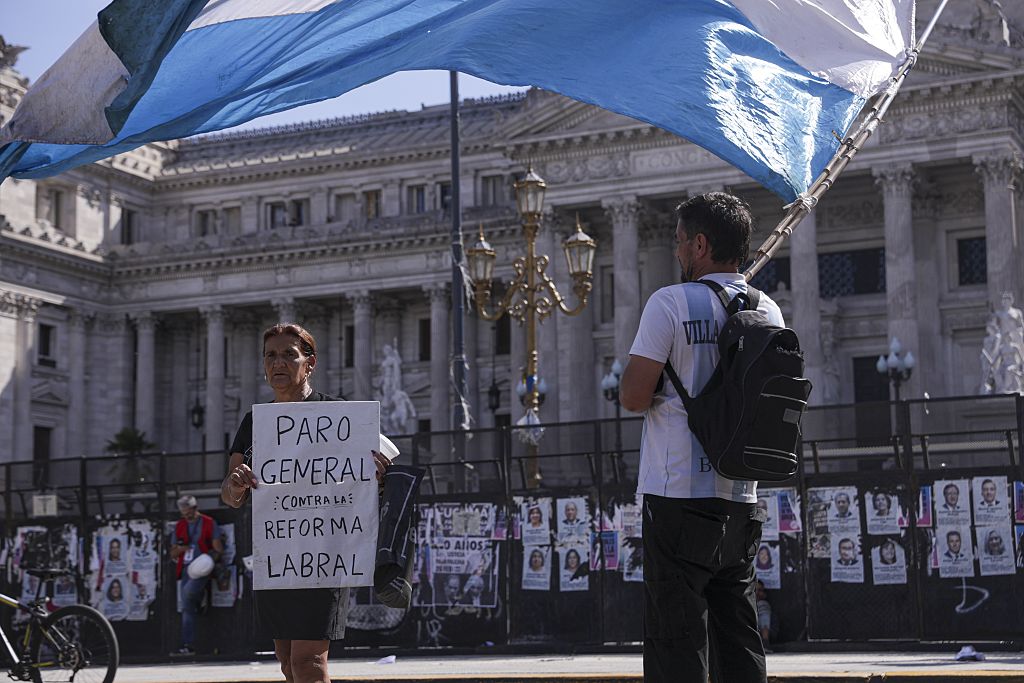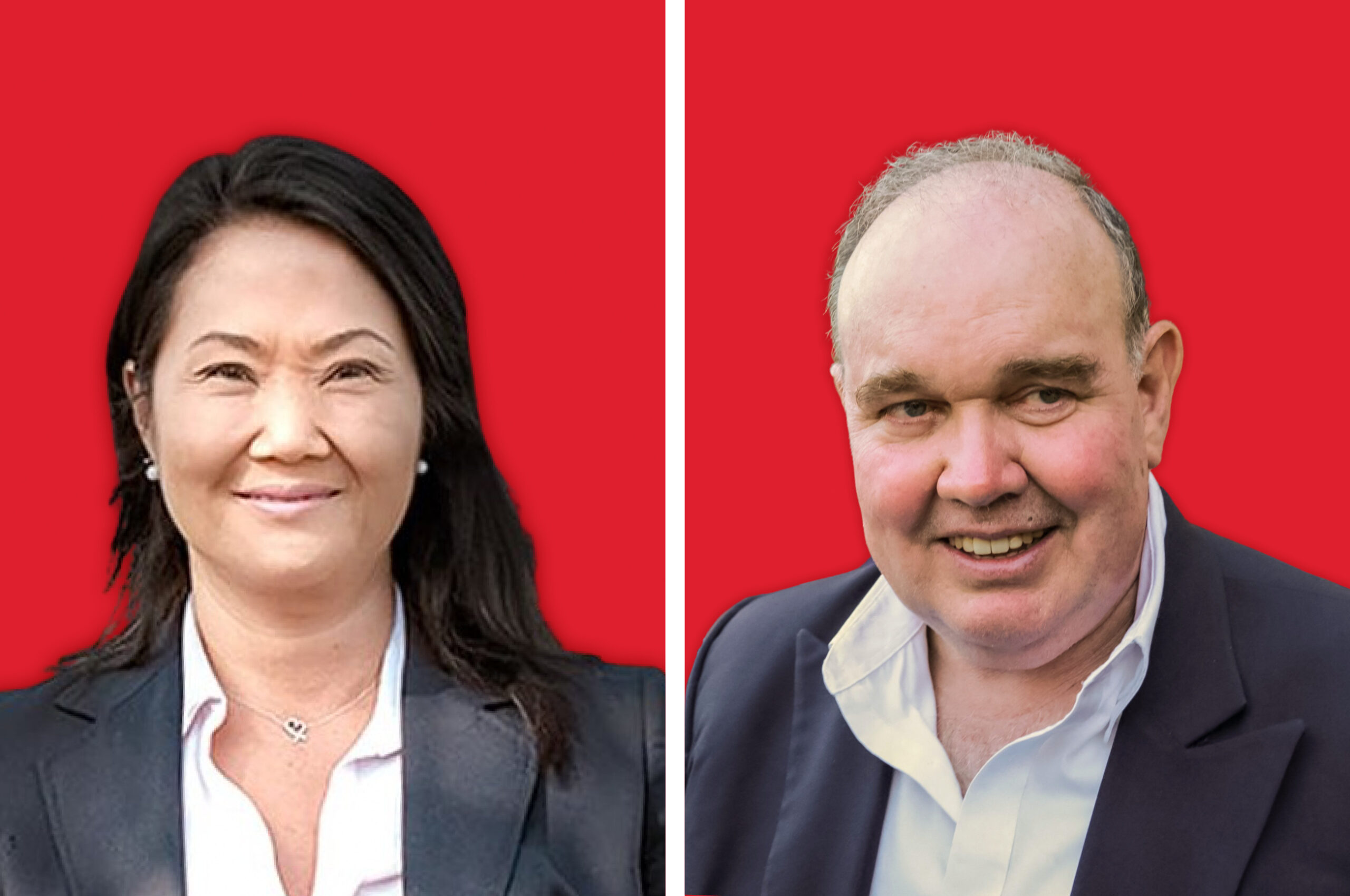Honduras Update: A Surprise (Partial) Result in the Presidential Vote
Honduras Update: A Surprise (Partial) Result in the Presidential Vote
Polls indicated incumbent Juan Orlando Hernández’s reelection, but corruption concerns appear to have given a leg up to former sportscaster Salvador Nasralla.
The polls got it wrong. But then again, the November 26 presidential election in Honduras would have been difficult to predict. Almost 24 hours after voting ended on Sunday, the country’s electoral body had not yet released full official results, and the top two candidates had declared victory.
Before the election, President Juan Orlando Hernández, a conservative politician who took a strong hand against gang violence in his country, seemed on track to win, thanks in part to a 2015 Supreme Court decision allowing presidential reelection for the first time since the inking of the country’s 1982 Constitution.
At the time of this report, the official results from the Supreme Electoral Tribunal (Tribunal Supremo Electoral, TSE) came early Monday morning: with 57.2 percent of the vote counted, Salvador Nasralla, the candidate for the leftist opposition alliance and a former sportscaster, had 45.2 percent of the vote over Hernández’s 40.2 percent. There is no runoff in Honduras.
It’s possible the electoral agency was as surprised as the pollsters. Late on election night, Supreme Electoral Tribunal (Tribunal Supremo Electoral, TSE) officials explained the delay in releasing results by saying they’d tallied some 40 percent of the vote, but primarily from urban areas, so they would wait to release news until they had a larger, more representative count. On Monday afternoon, TSE said it would release full results by Thursday noon at the latest. In the previous presidential race in 2013, the body certified final results on the Wednesday after the election.
Here’s what you need to know about Honduras’ presidential vote.
Both Hernández and Nasralla declared themselves winners before the electoral agency released results.
On Sunday night, with the TSE’s official vote tally still showing zero votes counted, First Lady Ana García Hernández thanked God for her husband’s win before passing the mic to the president, who declared himself the victor based on exit polls released by Ingeniería Gerencial. On Sunday evening also, Hernández released a video in which it appears that Ecuadoran President Lenín Moreno called to congratulate him.
Shortly after, Nasralla named himself the winner based on the opposition alliance’s own exit polls.
The Liberal Party’s Luis Zelaya (no relation to Manuel) did not declare himself the winner, but on Sunday afternoon he also shared an exit poll with his own branding that showed his party leading. With 57 percent of votes counted by the TSE Monday morning, he had just below 14 percent of the vote. He accepted defeat and congratulated Nasralla in his concession speech.
Hernández and Nasralla weren’t the only ones to claim an early victory.
Mayor Armando Calidonio of San Pedro Sula, the country’s second-biggest city and until recently known for being the world’s most dangerous one, also announced he’d won reelection before official results were out. Calidonio is a member of the governing National Party and described the outcome as “irreversible.” Early-morning results from the TSE did give him a strong lead.
2017 stokes memories of 2009.
As much as Nasralla gets cast as the outsider’s choice, his candidacy also brings back memories of the country’s recent turbulent political history. In 2009, then-President Manuel Zelaya, a leftist under whose leadership Honduras joined the Venezuela-led Bolivarian Alliance for the Americas (Alianza Bolivariana, ALBA), was forced out of office over concerns that he would try to change the Constitution to seek reelection. In fact, Hernández, then a congressman, was among those who supported the coup, only to take advantage of the subsequent change to reelection rules.
Zelaya’s ouster—which began with him getting sent to Costa Rica in his pajamas and involved a period in which he was holed up in the Brazilian embassy in Tegucigalpa—didn’t mean he faded away. Negotiations resulted in him being allowed to stay in Honduras legally as long as he promised not to run for president again.
But his wife, Xiomara Castro, is Nasralla’s running mate, and Zelaya was one of the first people to call the election for Nasralla on Sunday night.
Was there vote tampering?
The Organization of American States, the Inter-American Union of Electoral Organizations, and the European Union sent delegations to observe election proceedings. However, a recording obtained by The Economist and released on November 25 appeared to be of a National Party representative advocating five vote-rigging methods, from altering votes to letting the party’s voters cast more than one ballot. The recording’s authenticity had not been determined by Election Day, and one expert interviewed by the outlet said the steps suggested in the recording would be more likely to weaken voter confidence than change the results, and notes that international observers are not typically only present in more than 10 percent of polling stations.
Hernández bet the farm on security.
When Hernández, often referred to by his initials of JOH, took office in 2014, he responded to citizen concerns about violence. At the time, Honduras ranked as the most murderous country in the world. With the help of U.S. funding for security assistance, his government took a mano dura, or hard-line, approach, replacing corrupt police with newly trained officers, getting more cops on the street, and putting drug gang leaders behind bars.
The result was a sharp decline in the homicide rate, from 75.1 per 100,000 people in 2013, when Hernández won the presidency, to 56.7 per 100,000 in 2015. The president said the rate was on track to drop to 42 per 100,000 this year.
He seemed to have placed a safe bet on voters’ desires. In September, 61 percent of voters had a favorable image of him. At the same time he polled 15 points above Nasralla, per CID Gallup. October Paradigma poll similarly put him 16 points above his top rival.
But JOH has a weak spot: corruption. Earlier this year, a convicted drug trafficker testified that he met with the president’s brother about the government paying off a debt to a firm tied to the drug gang. Another cartel leader claims the brother asked him for a bribe. In 2015, Hondurans took to the streets to protest corruption in the governing party, and some question whether the government and military were involved in the March 2016 murder of internationally renowned environmentalist Berta Cáceres.
Nasralla tapped into corruption concerns.
Although he ran for president in 2013, Nasralla is seen as a political outsider. Given his past role as a TV host, some compare him to Jimmy Morales of neighboring Guatemala, who went from being a comedian to winning the presidency in 2015 on an anti-corruption platform. (Morales has since run into his own corruption problems.)
When Nasralla secured the nomination of the opposition alliance in May, he stood before supporters and said: “Today we’re an unstoppable force, no more drugs, no more violence, nor influence-trafficking from the government.”







